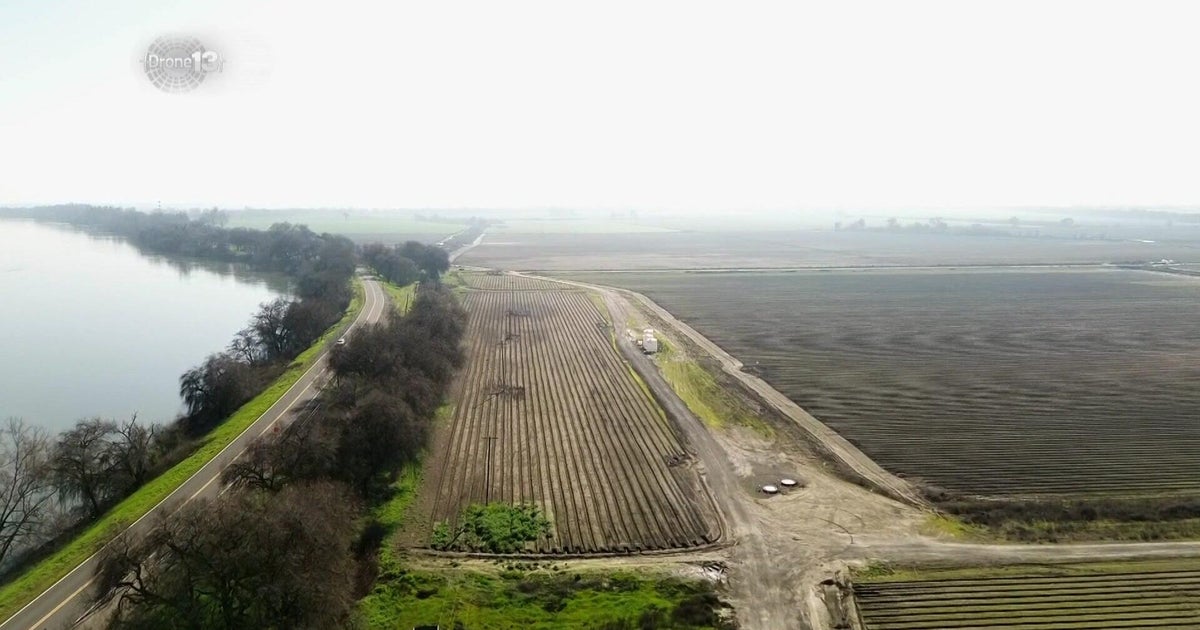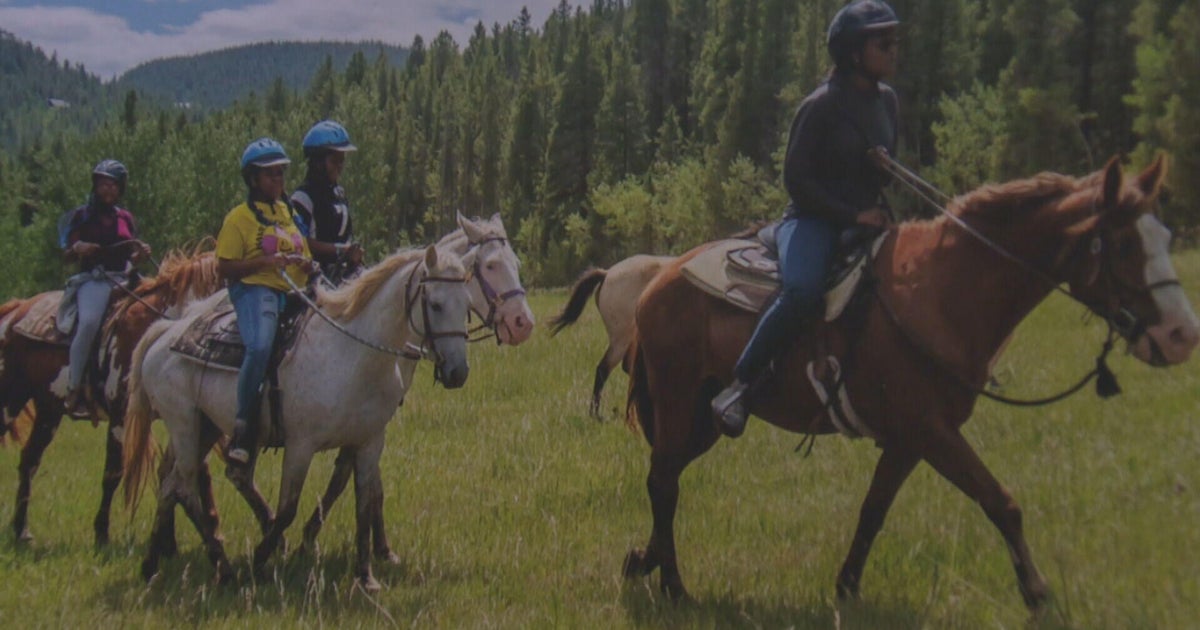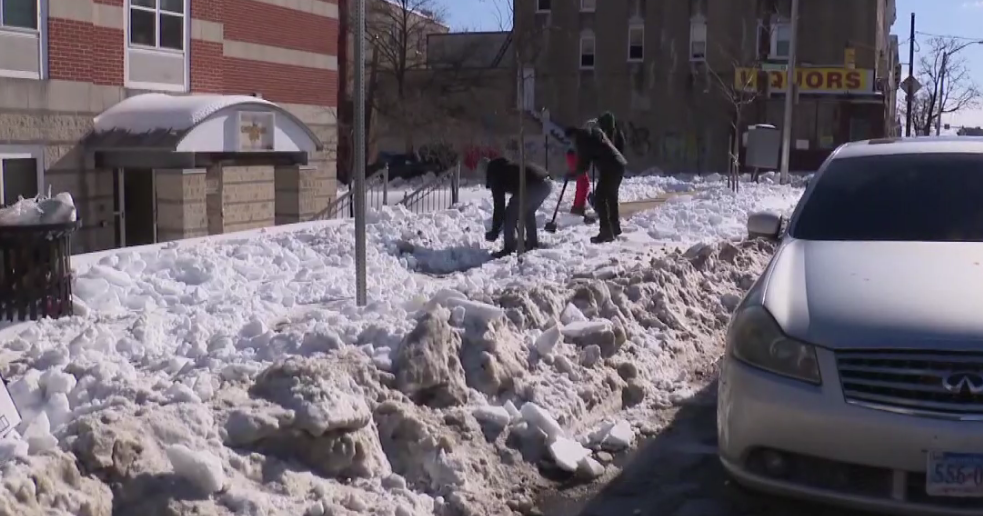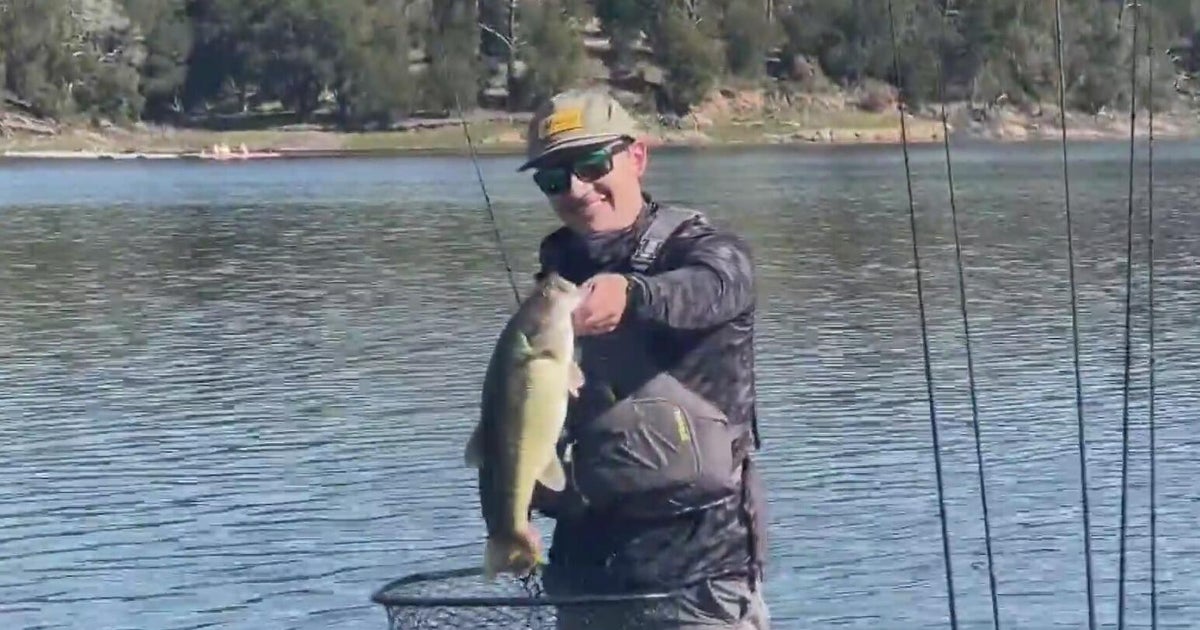Durango Cashes In On Geocaching
DURANGO, Colo. (AP) - For years, a clandestine order of treasure-seekers has recruited in Durango. More than 5 million strong, its activities -- though invisible to the general public -- have materially altered the surface of every nation on Earth.
"It definitely isn't advertised," said Durango's Mark Harnly, who joined seven years ago.
They're not the Masons, Opus Dei or Skull & Bones:
They're geocachers.
Using GPS technology and an ebullient -- if labyrinthine -- website, these amateur sleuths scour the Earth for "geocaches" -- objects hidden by others in their order.
"It's a great hobby -- fun alone, more fun with friends and a great family activity," said Harnly. "For me, it's the thrill of the hunt, seeing how it's hidden. Pretty much everywhere you go, you're going to find geocaches."
Indeed, according to website geocaching.com, more than 1.4 million caches are hidden across the globe, including 20,422 in Colorado, 19,860 in London and 231 in Afghanistan.
And make no mistake: We walk among them. Within a 20-mile radius of the Durango train station, 168 caches are hidden.
As of this summer, geocachers even have tapped local government.
During the last three years, interest in "Trail Trekkers" -- a children's hiking program offered by Durango's Parks and Recreation Department -- had cratered. John Robinette, supervisor of youth recreation, was flummoxed.
"When I started 10 years ago, the hiking program was really popular," he said. "But then last year, almost no children signed up. We had to end it. It just wasn't cost-effective."
Through seminars and literature on continuing education in parks and recreation, Robinette learned about geocaching
"I bought the starter kit, went to the website," he said. "We decided to offer a six-week geocaching program for kids three days a week. Three of four sessions totally filled up."
Robinette said the program had been a great success.
"Kids nowadays, they want a little bit more from the outdoors," he said. "Some of them had their own GPS devices. We're definitely going to offer it again next summer, and maybe this fall."
Robinette said the starter kit cost about $200.
"But if you have an iPhone, there's an app for $9.99."
Whipping out his GPS device, Robinette proposed finding a nearby geocache. Working like a compass, the GPS said a cache was 457 feet away, then 300.
"Kids love counting down the distance," Robinette said.
But on reaching ground zero, there was no cache to be seen.
"The GPS will get you there. But then you have to look for it. They have to be well-hidden, to keep the muggles away," he said, using a term from the Harry Potter books meaning a person with no magical abilities.
Robinette eventually unveiled the cache. But he asked for a vow of silence: "You can't expose the hiding place or I'll be excommunicated from the geocache community!" he said.
This particular cache was rated 1/1, meaning it is supposedly easy to find and handicap-accessible.
A cache with a 5/5 rating is another matter altogether.
Jen Fonsteile, marketing manager of Geospeak, which owns geocaching.com, said you might need special equipment to rappel down a canyon to find and open a 5/5 cache.
"I heard about one cache in the Northeast," she said. "It's on a rock in the middle of a river. The river's so fast, you can't boat to it. And it's magnetic. So you have to figure out a way to get it off the rock, open it and then return it."
Fonsteile said some caches emphasize deduction over physical prowess.
"One guy in Seattle, he planted a cache at the bottom of a long tube, right by a body of water," she said. "But the tube has all these holes in it. So you need a team of people to plug the holes as you flood the tube. Then the cache will rise to the top."
Eric Jones, who has found 340 caches in the last four years, said there were stylistic differences between rural and urban geocaching. Locally, there had "been some tricky ones dangling in trees that stumped us," he said. "But in our communities, there's a lot more space to hide larger caches."
"Pueblopoly," a Monopoly-themed multi-cache in Pueblo, is particularly creative, Jones said.
"It was probably a mile's hike from cache to cache," he said. "Inside the third or fourth cache, there was an orange clue card. It said `advance token to nearest utility.' From where we were standing, you could see a power plant in the distance. The next cache was hidden there."
Jones said urban caches were typically smaller, obliging geocachers to rely on hints.
"In Chicago, one cache we found was inside an Onion newspaper box. The clue was `it will make you cry,"' he said.
"There are so many types of hides, so many twisted, evil ways to go about it," said Jones. "I've found some caches, and just thought -- the way they were hidden -- that's vicious."
Jones plans to stash geocaches of his own. "I have containers for about a dozen. Haven't had time to put them out yet," he said.
One container, he said, was disguised to look like a log and "runny dog poop."
"The clue is going to be `watch your step.' How many people are going to pick up a pile of dog poo? Then again, some people absolutely live for this stuff," he said.
- By Chase Olivarius-Mcallister, The Durango Herald
(Copyright 2011 by The Associated Press. All Rights Reserved.)







